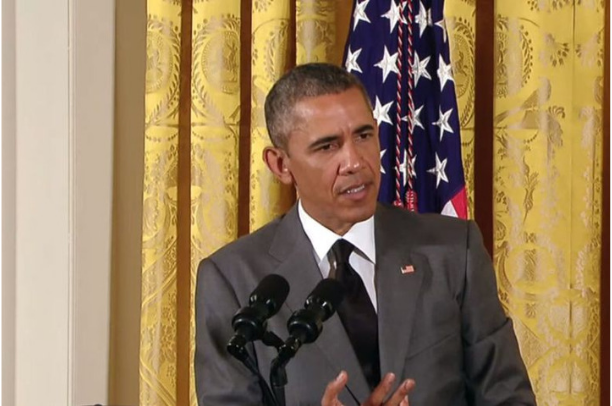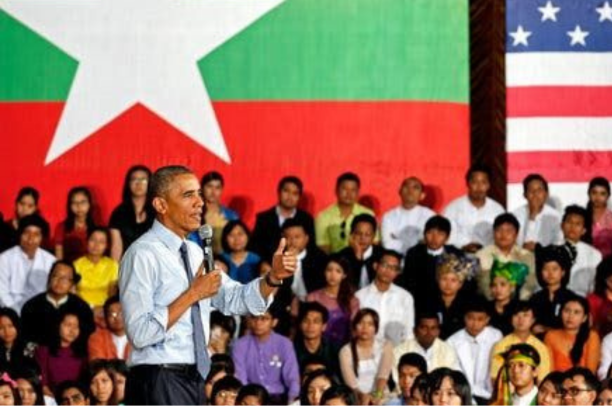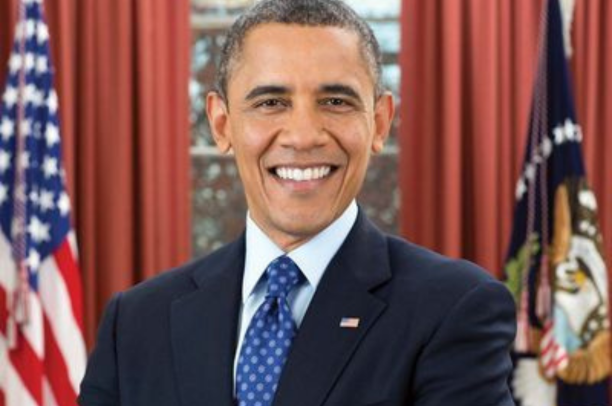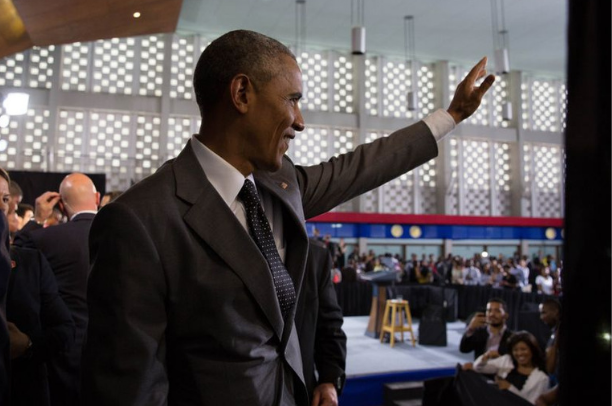Bassirou Diomaye Faye: Emergence of Youthful Leadership Signals Hope for Senegal’s Future
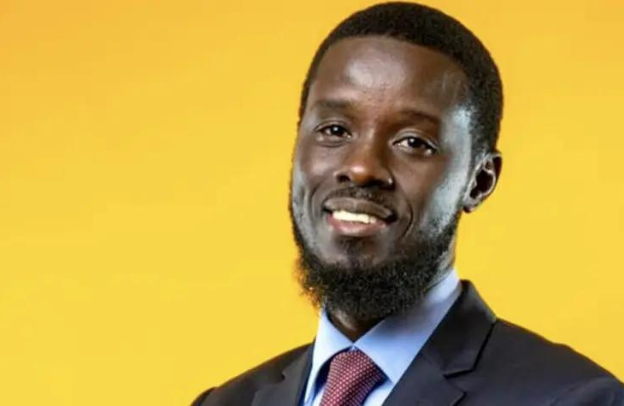
In a historic turn of events, Senegal’s presidential elections have seemingly ushered in a new era with the rise of Bassirou Diomaye Faye, a dynamic and determined leader poised to redefine the nation’s trajectory.
Want to learn more about storytelling? Start by downloading the first chapter of The Storytelling Mastery.
Faye’s triumph, characterized by his resounding victory over incumbent political forces, underscores a clear shift towards youthful leadership and progressive ideals in the West African nation.
At 44 years old, Faye’s ascent to the forefront of Senegalese politics represents what might look like a departure from traditional power structures. A former tax inspector, he emerged from relative obscurity to challenge entrenched corruption and champion economic self-determination.
His platform, rooted in the principles of transparency and accountability, resonated deeply with a populace disillusioned by persistent poverty and government malfeasance.
Faye’s journey to prominence has been marked by resilience and activism. His alliance with firebrand mentor Ousmane Sonko, despite facing incarceration on charges deemed by many as politically motivated, underscores his unwavering commitment to democratic principles.
Released from prison just days before the elections, Faye’s unwavering resolve captured the imagination of a nation yearning for change.
Central to Faye’s vision for Senegal is a bold agenda aimed at dismantling entrenched systems of inequality and exploitation.
His pledge to combat corruption, restore stability, and prioritize economic sovereignty resonates profoundly with a youthful demographic disproportionately affected by unemployment and economic disenfranchisement.
Faye’s call to rid Senegal of the vestiges of colonial legacy, symbolized by the CFA franc, reflects a bold step towards reclaiming national autonomy and dignity.
CFA franc and French Monetary Imperialism in Africa
The CFA franc is a currency utilized in both West and Central Africa and encompasses two distinct forms: the West African CFA franc, employed in eight nations of West Africa, and the Central African CFA franc, utilized in six Central African countries. Despite their individual identities, these currencies have historically maintained a fixed parity and are essentially interchangeable in practical terms.
The CFA franc, established by a decree from General de Gaulle on 26 December 1945, serves as a stark reminder of French Monetary Imperialism in Africa. Widely utilized across the continent today, this currency is viewed as a colonial vestige.
It poses significant obstacles for those striving to export competitive products, access affordable credit, foster continental trade integration, or advocate for Africa’s liberation from imperialist dominance.
This is why many young Africans are arguing that the CFA franc is an outdated impediment, urging for its systematic and orderly eradication to pave the way for a more equitable and self-determined African economic landscape.
This is one of the points Faye stated he was going to address and why his victory signals a broader trend toward generational renewal in Senegalese politics.
With over 60 percent of the population under the age of 25, his ascendancy embodies the aspirations and ambitions of a burgeoning youth demographic eager to shape their nation’s future.
By harnessing the energy and idealism of the younger generation, Faye represents a pillar of hope in a landscape marred by political stagnation and disillusionment.
As Senegal stands on the cusp of a new dawn, Faye’s leadership holds the promise of a more inclusive and equitable future.
His ability to galvanize support across diverse constituencies underscores his potential to bridge longstanding divides and foster unity amidst diversity. With the eyes of the world upon him, Faye embodies the transformative power of youthful leadership in steering Senegal towards a brighter tomorrow.
Who really is Bassirou Diomaye Faye?
Bassirou Diomaye Faye, a 44-year-old former tax inspector hailing from west-central Senegal’s Ndiaganiao, emerged as a central figure in Senegalese politics.
His journey into the political limelight accelerated even more after his release from prison, where he had been detained on charges related to spreading false news, contempt of court, and defamation.
Faye’s affiliation with the firebrand activist Ousmane Sonko and their shared involvement in organizing protests against government corruption and poverty propelled him into the forefront of opposition politics.
Representing the Patriots of Senegal PASTEF party (The African Patriots of Senegal for Work, Ethics and Fraternity), despite its dissolution, Faye rallied support around his platform promising to combat corruption. His fight was to restore stability and prioritize economic sovereignty in the West African country of about 16 million people.
His victory in the presidential election signifies an important shift in Senegal’s political landscape. For many, Faye embodies the aspirations of a youthful demographic eager for change and progress.
Importance of having a younger person in leadership in Africa
A hallmark feature of youth leadership in Africa lies in its dedicated resolve to confront urgent societal issues head-on. Emerging leaders are at the forefront of initiatives aimed at combating pressing challenges like gender disparities, environmental deterioration, educational accessibility, climate variability, and the management of healthcare crises.
As reported by Business Insider African, last year (2023), “The ages of several Presidents across the continent far exceed the typical retirement age for workers.” By that, the Business Insider African was referring to the following:
- Paul Biya – Cameroon, Age: 90 years (13th February 1933)
- Alassane Ouattara – Ivory Coast, Age: 81 years (1st January 1942)
- Teodoro Nguema Mbasogo – Equatorial Guinea, Age: 81 years (5th June 1942)
- Emmerson Dambudzo Mnangagwa – Zimbabwe, Age: 80 years (15th September 1942)
- Nana Akufo-Addo – Ghana, Age: 79 years (29th March 1944)
- Yoweri Museveni – Uganda, Age: 78 years (15th September 1944) and so on.
In a publication, “Impact of African Leaders’ Characteristics and Regime Transitions on Economic Growth in Africa: A Dynamic Model Approach”, available at Sciencedirect.com, it was stated as follows:
“Sub-Saharan Africa’s growth and development path has not been smooth and steady. The region experienced a period of economic recession and stagnation in the 1970s and later witnessed improved and sustained growth in the 1990s.
Whereas overall GNP growth registered 1.7 percent in the 1980s, there was an appreciable increase to an average of 2.5 percent growth in the 1990s and over 5.0 percent annual growth in this 21st century (Masaki & van de Walle, 2014).”
The above should be concerning and that is while a lot of young Africans are seriously looking for much younger people into the political affair in the content. The youth must get it right and they need to.
So, the proactive political engagement in Senegal underscores a vibrant determination to instigate meaningful change and pave the way for a more equitable and sustainable future across the continent.
Now, here are three fundamental reasons why Africa seriously needs more younger people in the position of leadership today.
1. Representation and Relatability:
Having a younger person in leadership positions in Africa ensures better representation of the demographics and concerns of the population, especially the youth.
With a significant proportion of Africa’s population being young, a youthful leader is more likely to understand and empathize with the challenges, aspirations, and priorities of the youth, thus fostering greater trust and engagement between the government and its citizens.
2. Innovation and Adaptability:
Younger leaders often bring fresh perspectives, innovative ideas, and a willingness to embrace change. In a rapidly evolving global landscape, particularly in areas such as technology and entrepreneurship, youthful leadership can drive innovation and catalyze economic growth.
Their adaptability to new trends and technologies can help African countries navigate complex challenges and capitalize on emerging opportunities in sectors crucial for sustainable development.
3. Long-term Vision and Legacy Building:
Younger leaders have a stake in the long-term future of their countries and are more inclined to prioritize policies and initiatives that promote sustainable development and intergenerational equity.
By focusing on issues such as education, healthcare, and environmental sustainability, youthful leadership can lay the foundation for a more prosperous and resilient Africa, ensuring a legacy that benefits future generations.
Additionally, they can inspire and empower other young people to actively participate in shaping the destiny of their nations, fostering a culture of civic engagement and leadership development. But what about performance? There were a lot of promises made by the 44-year-old Bassirou Diomaye.
Will Bassirou Diomaye Faye deliver on his promises?
Upon his election as Senegal’s president, Bassirou Diomaye Faye, at the age of 44, emerged as a pillar of hope for those advocating for left-wing Pan-Africanism and inspired the country’s youth with his fundamental campaign promises.
However, as he prepares to assume office on April 2, questions linger regarding his ability to translate his bold rhetoric into tangible political change.
Faye’s sudden rise to prominence, catalyzed by his release from prison alongside his influential mentor, Ousmane Sonko just days before the polls, thrust him onto the national stage. This makes it even more appealing to both domestic and international audiences.
From his roots as a tax inspector and farmer in rural Senegal, Faye embarked on a spirited presidential campaign alongside Sonko, pledging to disrupt the established order and enact sweeping reforms.
Yet, whether Faye can deliver on his promises remains uncertain, as the complexities of governance and the entrenched interests he must navigate present formidable challenges to his ambitious agenda.
